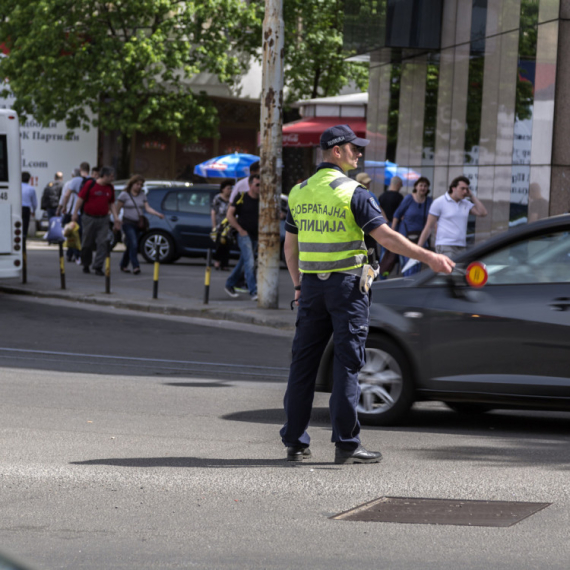Croatia to change constitution over extraditions?
Croatian PM Ivo Sanader said that the Croatian constitution must be changed before it can join the EU.
Monday, 15.09.2008.
12:15

Croatian PM Ivo Sanader said that the Croatian constitution must be changed before it can join the EU. He said that the regulation of the constitution that forbids extradition must be altered. Croatia to change constitution over extraditions? Sanader added that the European Union does not have any rule against extraditions and that "every country in Southeastern Europe, including Croatia, must change their constitutions before becoming EU member states". Since the first announcements that Zagreb was considering making an agreement with countries of the region, which would allow its citizens who are indicted of crimes to be extradited, the media there reminded that Croatia is "the only country in the region" whose constitution prohibits extraditions to other countries. Bosnia-Herzegovina has been encouraging Croatia for the last five years to sign such an agreement, which would enable Sarajevo to send indictees to stand trial in Zagreb and vice versa, but Sanader has rejected every time. Since Croatia has denied the extradition of Bosnian Croats who are Croatian citizens but are accused of crimes in Bosnia, Sarajevo most recently decided to do the same for Rijeka-based surgeon Ognjen Simic, who is wanted in Croatia on corruption charges. Sanader’s cabinet sent an initiative to regional countries to allow for the legal turning over of fugitives to who are hiding in the region using their dual citizenships. Experts believe that if such a regional agreement was made, Croatia could receive at least 5,000 demands for extraditions from Bosnia-Herzegovina for war crimes, 16 of which would be senior officials of the Croatian military for crimes committed in Mrkonjic Grad, and that Serbia would also be demanding the extradition of Croatian citizens to courts in Belgrade.
Croatia to change constitution over extraditions?
Sanader added that the European Union does not have any rule against extraditions and that "every country in Southeastern Europe, including Croatia, must change their constitutions before becoming EU member states".Since the first announcements that Zagreb was considering making an agreement with countries of the region, which would allow its citizens who are indicted of crimes to be extradited, the media there reminded that Croatia is "the only country in the region" whose constitution prohibits extraditions to other countries.
Bosnia-Herzegovina has been encouraging Croatia for the last five years to sign such an agreement, which would enable Sarajevo to send indictees to stand trial in Zagreb and vice versa, but Sanader has rejected every time.
Since Croatia has denied the extradition of Bosnian Croats who are Croatian citizens but are accused of crimes in Bosnia, Sarajevo most recently decided to do the same for Rijeka-based surgeon Ognjen Šimić, who is wanted in Croatia on corruption charges.
Sanader’s cabinet sent an initiative to regional countries to allow for the legal turning over of fugitives to who are hiding in the region using their dual citizenships.
Experts believe that if such a regional agreement was made, Croatia could receive at least 5,000 demands for extraditions from Bosnia-Herzegovina for war crimes, 16 of which would be senior officials of the Croatian military for crimes committed in Mrkonjić Grad, and that Serbia would also be demanding the extradition of Croatian citizens to courts in Belgrade.



















































Komentari 2
Pogledaj komentare